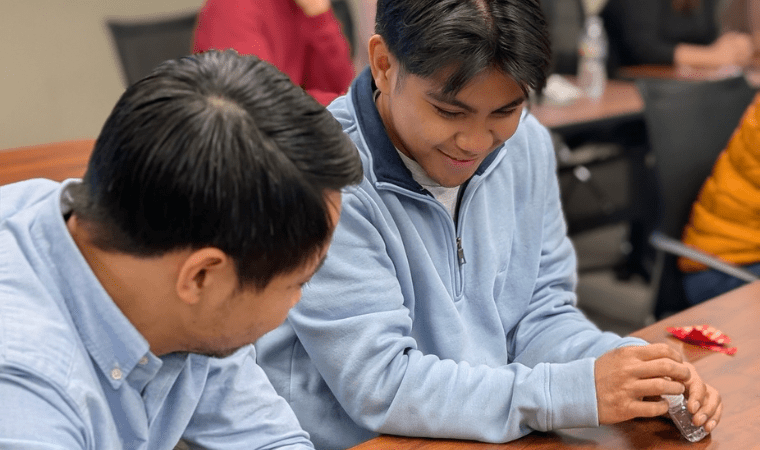Author: Taylor Gay
Publish Date: 10.15.2025
Artificial intelligence is making a significant impact on maritime law. The International Maritime Organization (IMO) has outlined multiple ways AI is impacting maritime law. [1] AI is going to be a game-changer in the maritime world, but it also raises many unanswered questions in the legal realm.[2]
With the implementation of AI in maritime law, we have begun to see autonomous ships.[3] The IMO has defined four levels of autonomy, ranging from ships with some operations being run by AI to completely autonomous ships.[4] Autonomous ships would bring significant benefits across the maritime field, from surveillance to GPS systems, while reducing the risk of human error. [5] AI is already helping to optimize fuel, maintenance, operations, paperwork, port calls, logistics, voyage planning and more.[6] With regulatory and commercial pressure towards optimization, these uses will only expand.[7]
The emergence of artificial intelligence has raised many questions in the liability area of the law.[8] With ships being partially and completely autonomous, who bears the liability?[9] The problem arises when addressing the “master” and “crew” of the ship and determining if the master must be on board the ship.[10] The United Nations Convention on the Law of the Sea (UNCLOS) imposes duties on flag states.[11] An issue arises when a fully autonomous ship is transporting from port to port.[12] Is the person autonomously controlling the ship the master to be held liable, or will the ship’s flag state be held liable?[13]
While AI seeks to change the world in every way possible and presents new opportunities by the day, we must consider the legal challenges it brings.[14] Maritime law and the implementation of AI will no doubt make massive leaps; we must find a balance between AI advancements and the legal risks associated with it.[15]

Charleston School of Law representatives will be at Soby's in Greenville, South Carolina, on Thursday, March 5, from 5:30 pm to 7:30 pm.

Trident United Way is offering a training program called Making Choices on Monday, March 16, at noon in 219.

The Trial Advocacy Board at Charleston School of Law will host a Boot Camp tryout on Tuesday, March 17, at 12:00 pm in Room 221.
